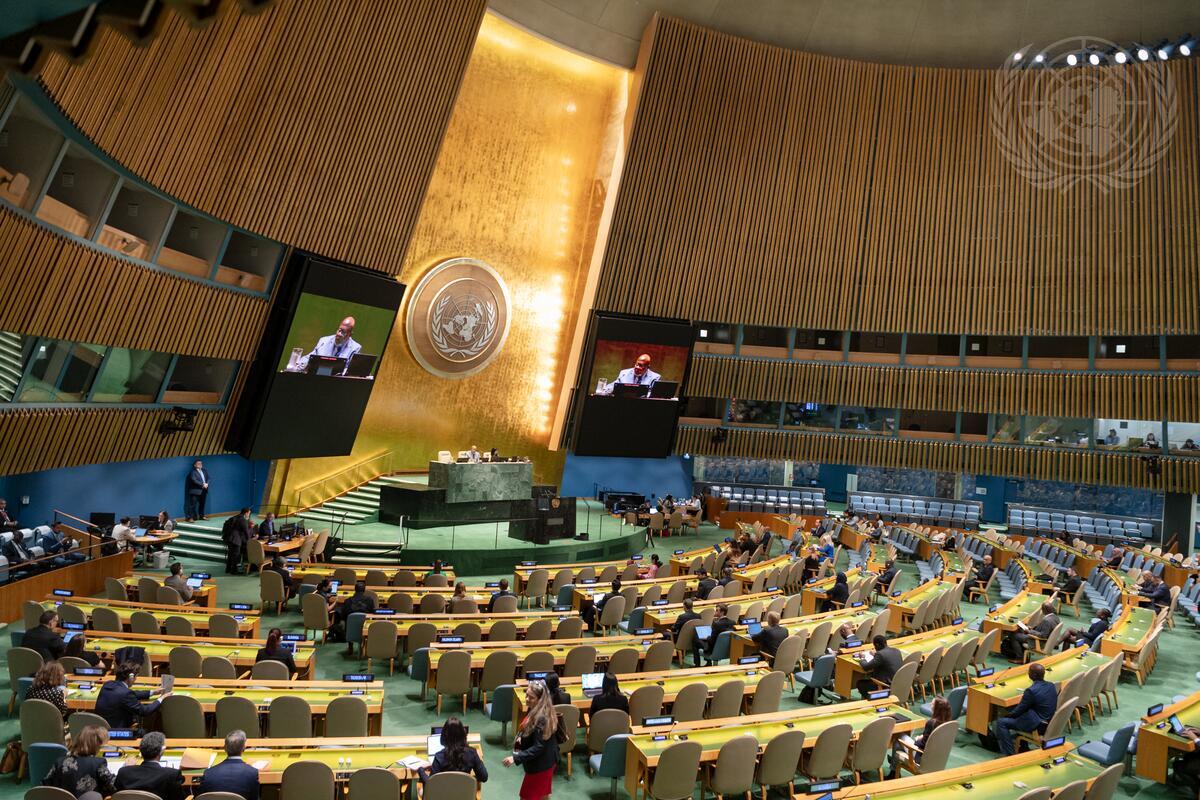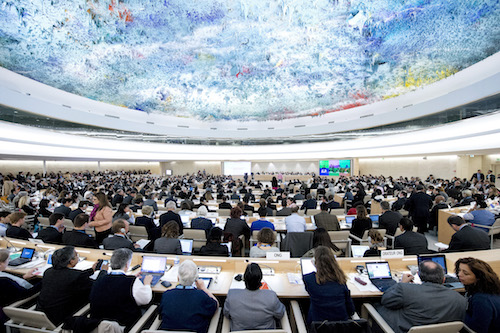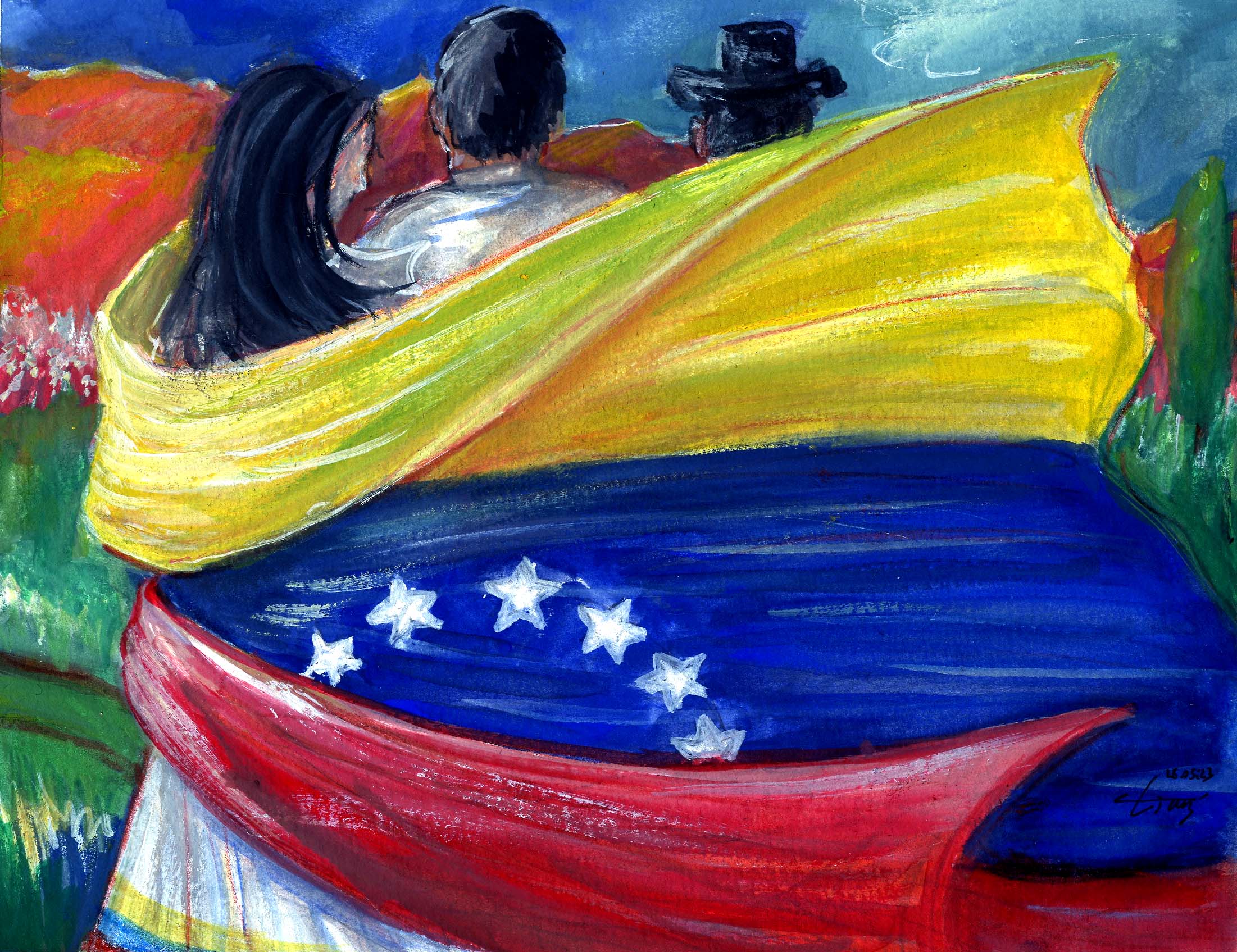At a time where human rights violations continue at an alarming rate, it is of utmost concern that the key UN human rights organ is facing budgetary cuts and is forced to reduce the time allocated to discuss human rights situations across the globe. It is of further concern that these measures are being developed without adequate consultation with civil society organisations, particularly those working at the national and regional levels, and may ultimately limit civil society space and participation in the Human Rights Council (the Council).
The President of the Council, the Ambassador of Slovenia, announced in February 2018 that the Council must reduce its meetings for 2018 due to lack of sufficient funds to complete its regular programme of work. In this context, the President initiated a restructuring of the programme of work for 2018. The President also appointed six co-facilitators to hold consultations throughout the year to collect views and identify long-term measures to improve efficiency and strengthen the Council.
ISHR considers that any efforts to strengthen the Council should focus on its accessibility for rights holders and impact on the ground, rather than mere efficiency.
‘It is imperative that UN Member States adequately fund the Council so that it responds to human rights situations in a timely, regular and substantive manner’, said Salma El Hosseiny, ISHR’s Human Rights Council Advocate. ‘As the world’s peak human rights body, the Council must be able to give human rights situations the attention they deserve.’
To ensure that the Council realises its ultimate objective of improving the human rights situation on the ground, any process of reform of the Council must include effective and timely consultation with human rights defenders and civil society organisations working in the field.
The Council must be accessible in a safe and enabling manner for human rights defenders and civil society organisations. Any proposed reform must not directly or indirectly discriminate against civil society, nor restrict civil society space for participation.
In this regard, ISHR calls on the President and the Bureau to hold consultations with civil society organisations, in particular those not based in Geneva.
‘The March session of the Council provides a key opportunity to consult with human rights defenders from around the world, and ensure that those who are most affected by the Council’s work have their say,’ said El Hosseiny.
Read here the joint oral statement delivered by ISHR, with the support of the Cairo Institute for Human Rights Studies and the International Federation for Human Rights (FIDH) during the informal consultations held on 19 February 2018.
Contact: Salma El Hosseiny, Human Rights Council Advocate, on [email protected] or +41 (0)22 919 71 02
Photo: Jean-Marc Ferré thumbnail




